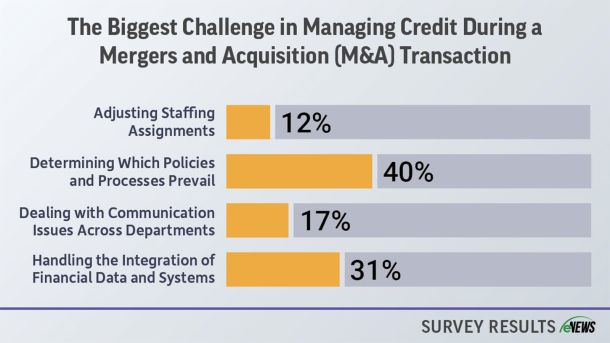Mar 13, 2025
eNews
Making a case for commercial credit reporting
Whether you are conducting an initial credit investigation on a potential customer or reviewing the credit line for a long-held account, commercial credit reports play an important part in the decision to extend credit to a customer. Despite their usefulness, many companies are hesitant to share their accounts receivable data to commercial credit reporting companies.







